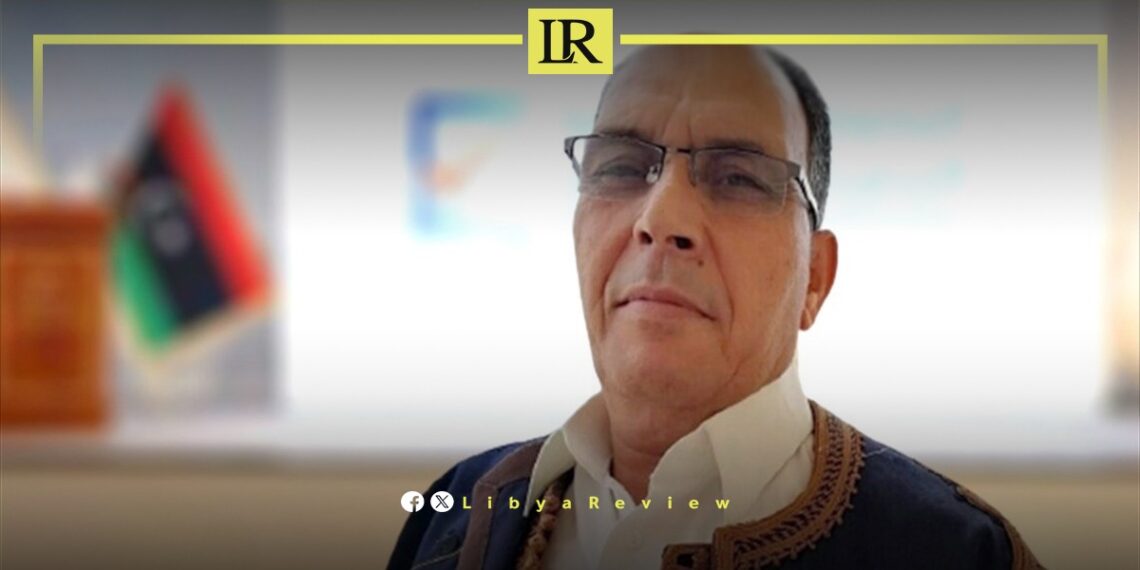Amid Libya’s ongoing political turmoil, Ali Al-Soul, a member of the House of Representatives, made explosive statements highlighting the depth of the crisis and the attempts by various factions to control the political landscape.
In his remarks, Al-Soul pointed out that the Government of National Unity (GNU), Headed by Abdel-Hamid Dbaiba is making every effort to stay in power, using election delays as a tool to achieve this goal.
Al-Soul noted in a press statement that an upcoming meeting will be held between members of the House of Representatives and the High Council of State (HCS), hosted by a sister Arab country. The purpose of this meeting is to find a mechanism to form a unified government capable of operating throughout Libya, to unify the country’s sovereign institutions, and oversee the upcoming elections.
In his discussion, Al-Soul did not overlook the role of external forces in the Libyan crisis, noting that the West always seeks to manage the scene in line with its own interests. He confirmed that there are significant pressures, both from inside and outside, on the State Council to thwart any attempts at rapprochement and consensus among the Libyan parties. Al-Soul emphasized that these Western pressures, led by Washington, aim primarily at managing the Libyan crisis to ensure their strategic interests.
Al-Soul did not hesitate to criticize the so-called “international system,” stressing that it is a sword hanging over the necks of developing countries, used by major powers to achieve their own goals. He affirmed that the West continually seeks to manage the situation in Libya according to its interests, without considering the challenges facing the country and the Libyan people.
Regarding the role of the State Council, Al-Soul pointed out that the council is an advisory body and has no legislative powers, confirming that the parliament has made some concessions to move forward in resolving the Libyan crisis. Despite these concessions, the conflicting parties continue to strive for personal gains, disregarding the higher interests of the nation.
These statements come at a very sensitive time for Libya, as the Libyan people look forward to emerging from the cycle of conflict and divisions and moving towards building a unified and stable state. Despite the significant challenges facing Libya, hope remains pinned on the ability of Libyan parties to reach a consensus that spares the country further chaos and deterioration.
In conclusion, all eyes are on the upcoming meeting between members of the House of Representatives and the State Council, and the outcomes it may produce, which could be decisive in determining the course of the Libyan crisis and the future of the country. Will the Libyan parties succeed in overcoming their differences and uniting their efforts for the benefit of the nation, or will Libya remain hostage to internal conflicts and external interventions? The coming days will reveal the answers.


